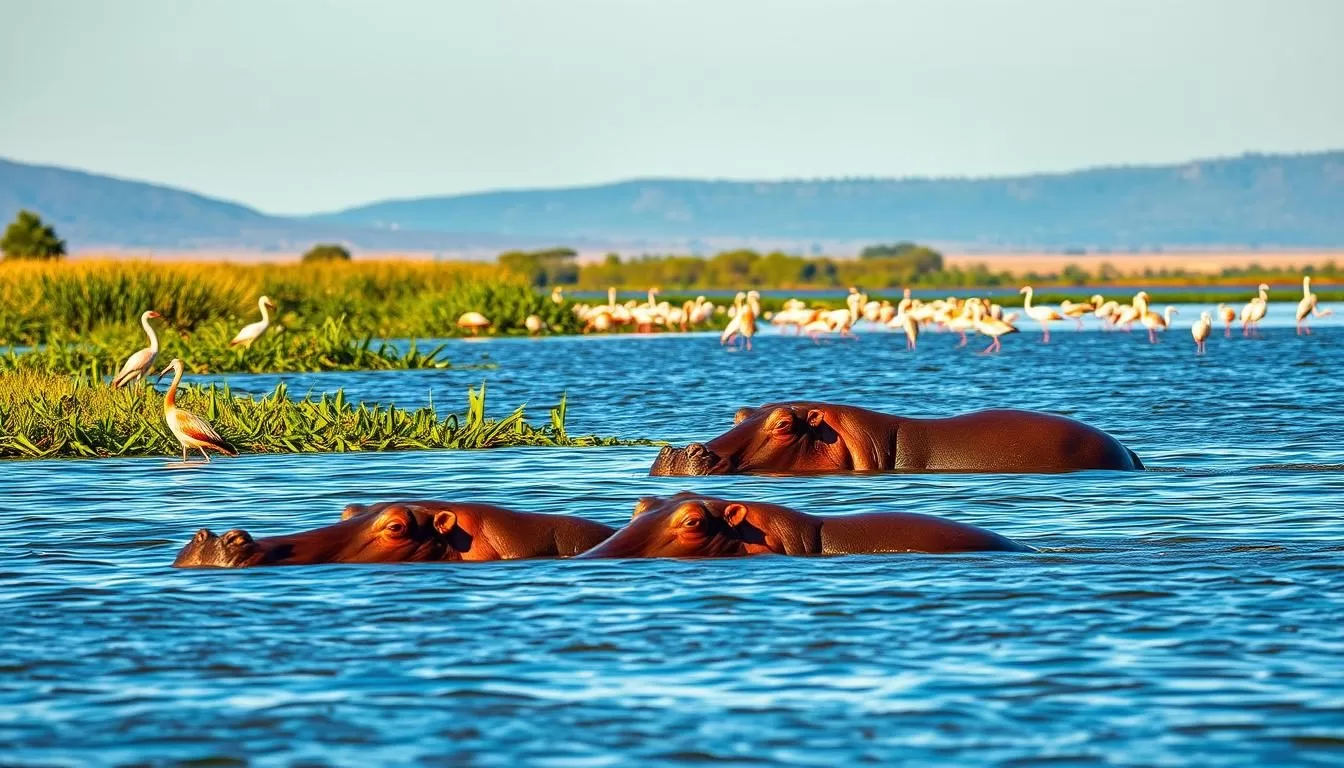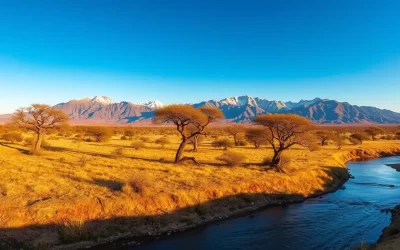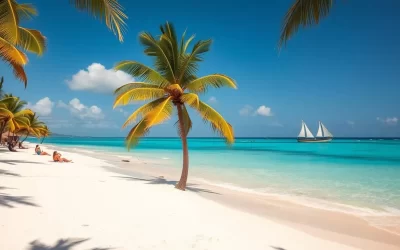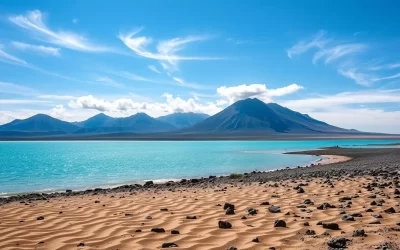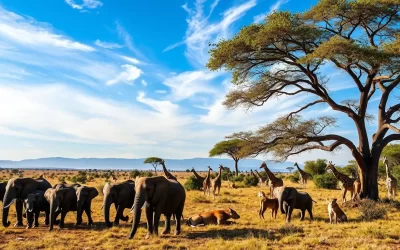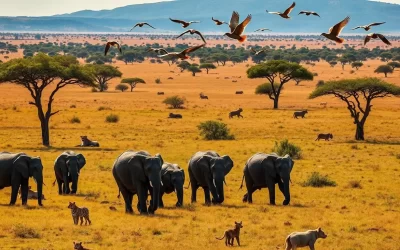✓ Accommodations✓ Flights✓ Rental Cars
You’re just a short drive from Nairobi, and a world away, at Lake Naivasha, one of Kenya’s most accessible natural attractions. This freshwater wildlife paradise is home to over 400 bird species and numerous hippos, offering a unique experience. Unlike many safari destinations, Lake Naivasha allows you to get out of your vehicle and immerse yourself in nature through cycling, hiking, and walking safaris.
You can cycle through Hell’s Gate National Park or walk among giraffes on Crescent Island, creating unforgettable memories. With its diverse range of outdoor activities and stunning natural beauty, this lake is a must-visit destination on any Kenya itinerary.
Discovering Lake Naivasha: Kenya’s Freshwater Gem
Lake Naivasha, a freshwater gem in Kenya, offers an unparalleled wildlife experience that caters to diverse interests. The lake is home to some bucket list attractions, making it a paradise for wildlife enthusiasts, hikers, and nature lovers.
The lake’s ecosystem is characterized by a rich variety of flora and fauna, making it a unique destination. You can observe a large family of hippos grazing on the shores or taking a leisurely swim. Various types of monkeys often visit the lake’s surroundings, adding to the area’s natural charm.
Location and Significance in the Great Rift Valley
Lake Naivasha is situated in the Great Rift Valley, a region known for its geological significance and biodiversity. The lake’s location makes it an important stopover for migratory birds and a habitat for numerous wildlife species.
The surrounding landscape includes acacia woodlands, grasslands, and volcanic formations, each supporting different communities of animals. This diversity creates a complex ecosystem that is both fascinating and fragile.
| Feature | Description | Significance |
|---|---|---|
| Location | Great Rift Valley, Kenya | Geological and biodiversity significance |
| Wildlife | Over 400 bird species, hippos, monkeys, zebras, giraffes | Supports diverse wildlife and offers unique viewing experiences |
| Ecosystem | Acacia woodlands, grasslands, volcanic landscapes | Hosts a variety of animals and flora |
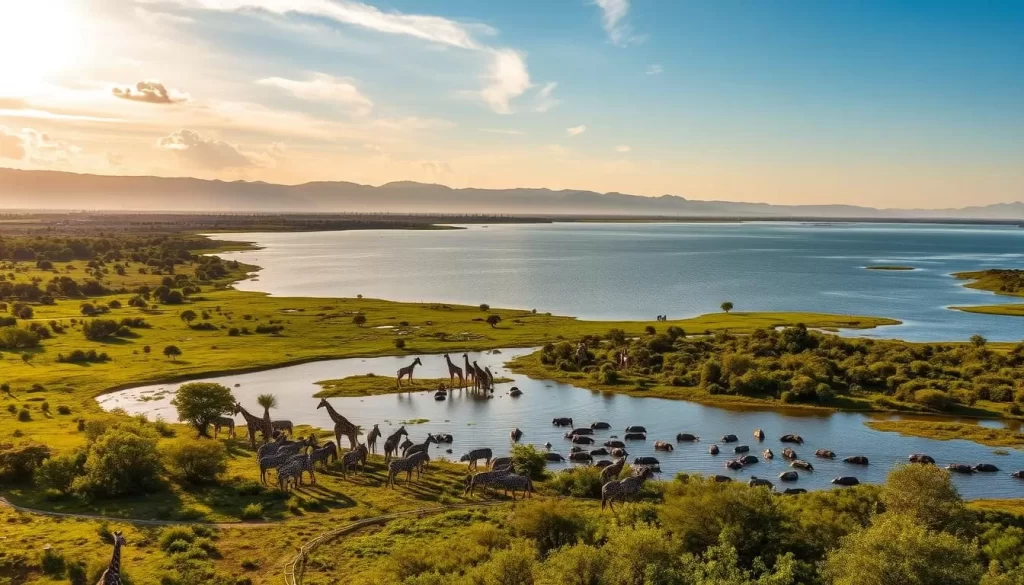
Wildlife Overview: What Makes Lake Naivasha Special
Lake Naivasha boasts an extraordinary concentration of wildlife, making it a paradise for birdwatchers and nature enthusiasts. The lake is famous for its large hippo population, which can be observed safely from boat tours or sometimes grazing on the shores of lakeside properties at dusk.
Unlike many wildlife areas in Kenya, Lake Naivasha allows you to experience animals in various ways – from boats, on foot, and even by bicycle, creating unique viewing opportunities. The absence of large predators in many of the lake’s surrounding areas makes it possible to enjoy walking safaris and get closer to herbivores like zebras, giraffes, and various antelope species.
Best Time to Visit Lake Naivasha
To make the most of your trip to Lake Naivasha, understanding the seasonal dynamics is crucial. The lake’s experience varies significantly across different times of the year, influenced by weather patterns and the resulting activities and conditions.
Seasonal Considerations and Weather Patterns
Lake Naivasha’s climate is generally mild, but there are distinct seasons that affect the experience you will have. The weather patterns can be broadly categorized into peak and off-peak seasons, with the peak season typically running from June to October. During this time, the weather is usually dry and clear, making it ideal for wildlife viewing and outdoor activities.
In contrast, the off-peak seasons, which include the rainy seasons, might offer a more serene experience with lush landscapes. The short rains in November and December, and the long rains in March to May, transform the landscape, making it particularly green and vibrant.

Peak vs. Off-Peak Seasons: Pros and Cons
Visiting Lake Naivasha during the peak season has its advantages, including reliable weather and excellent wildlife viewing. However, this time to visit comes with higher prices for accommodations and more crowds at popular attractions like Hell’s Gate National Park.
On the other hand, visiting during the off-peak seasons can offer several benefits, including lower accommodation rates and a more peaceful experience at major attractions. If you are looking for a more relaxed visit, consider the “green season” after the short rains (January-February) for reasonable weather and fewer tourists.
- Peak season (June-October): Reliable weather, excellent wildlife viewing, but higher prices and more crowds.
- Off-peak seasons (November-May): Lower accommodation rates, more peaceful experience, but potentially less reliable weather.
- The “green season” (January-February): Reasonable weather, lush landscapes, and fewer tourists.
When planning your day trips or longer stays, also consider that Lake Naivasha is a popular weekend getaway for Nairobi residents. Planning your visit around weekdays can help you avoid the crowds, regardless of the season.
How to Get to Lake Naivasha
To enjoy the many attractions around Lake Naivasha, you need to know how to get there and around. The lake’s top destinations are spread out, making transportation a crucial aspect of your trip.
From Nairobi to Lake Naivasha: Transportation Options
Traveling from Nairobi to Naivasha town is relatively straightforward, with several transportation options available. You can drive to Lake Naivasha via the A104 highway, which takes approximately 2 hours depending on traffic. Alternatively, you can take a matatu (shared minibus) or a private shuttle service. Many tour operators also offer guided tours that include transportation from Nairobi.
Getting Around the Lake Naivasha Area
Once you arrive in the Lake Naivasha area, getting around is fairly easy. Renting a bicycle is a great way to see the lake and its surroundings, with rentals available for around $7 per day. For shorter trips, motorcycle taxis (boda-bodas) are a convenient and affordable option, with most rides costing between $3-10. If you prefer to use public transport, matatus run along the main roads, although schedules can be irregular.
- Having your own vehicle provides the most flexibility for exploring Lake Naivasha, as attractions are spread out.
- Bicycle rentals are a cost-effective way to visit Hell’s Gate National Park and explore the immediate lake area.
- Much of the transportation, including boda-bodas, can be arranged in Naivasha town.
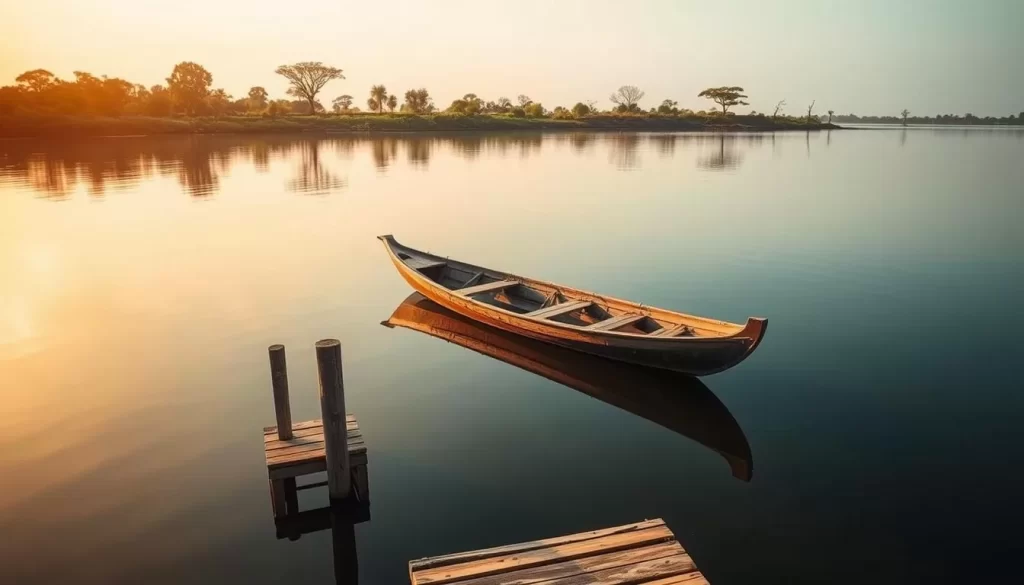
Hell’s Gate National Park: Cycling Among Wildlife
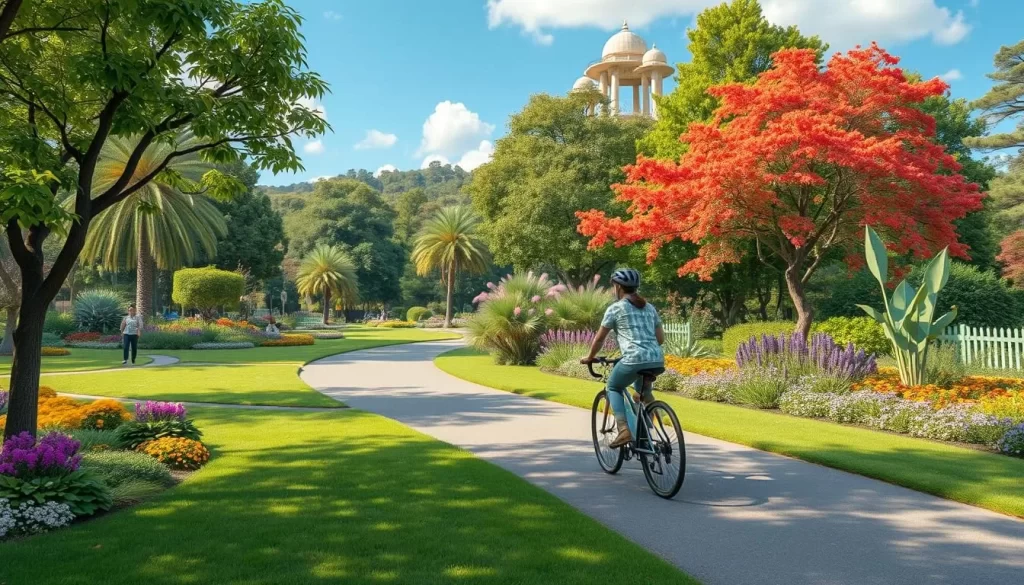
Hell’s Gate National Park, known for its breathtaking scenery and rich biodiversity, is a cyclist’s paradise in Kenya. The park’s unique landscapes, which include towering cliffs, volcanic rock formations, and geothermal hotspots, provide a thrilling backdrop for a cycling adventure. As you pedal through the park, you’ll be surrounded by a diverse array of wildlife, including zebras, giraffes, and buffaloes.
Bike Rentals and Park Entry Information
To make the most of your cycling adventure at Hell’s Gate National Park, you’ll need to rent a bike. Bike rentals are available at the park entrance, and it’s advisable to arrive early to secure a good bike. The park gates open at 6am, and arriving early not only ensures you get a bike but also allows you to enjoy cooler temperatures and better wildlife sightings.
Park Entry Information: The park entry fee is required for all visitors. It’s recommended to check the current fees and any additional requirements on the official Kenya Wildlife Service website or at the park entrance.
Wildlife Viewing and Gorge Hiking
One of the highlights of visiting Hell’s Gate National Park is the opportunity to see a variety of wildlife in their natural habitat. The park is home to a range of species, including antelopes, hyenas, and over 100 species of birds. While cycling, keep your camera ready to capture the incredible wildlife moments.
The park also offers hiking trails, including the famous gorge hike. For this part of the visit, consider hiring a local guide who can provide insights into the geology and ensure your safety in the sometimes challenging terrain.
Tips for an Unforgettable Experience
To ensure your cycling adventure at Hell’s Gate National Park is unforgettable, follow these tips:
- Arrive at the park as early as possible to enjoy cooler temperatures and fewer visitors.
- Pack light, bringing only essentials like water, sunscreen, a camera, and a small snack.
- Wear appropriate clothing, including a hat, sunglasses, and layers for changing temperatures.
- Allow at least 4-6 hours for a full park experience, including cycling and exploring the gorge.
Crescent Island: Walking Safari Experience
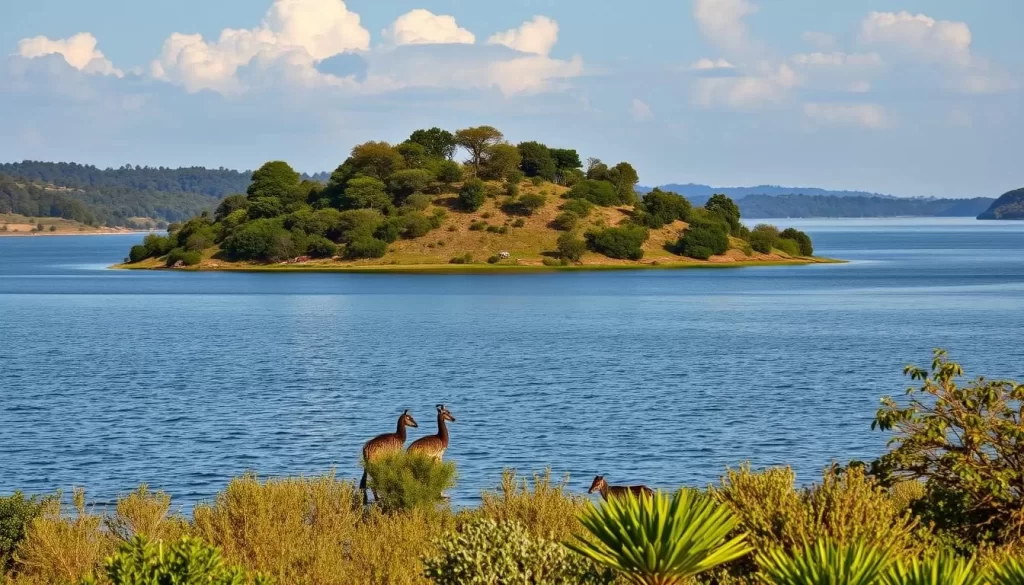
Crescent Island, located on Lake Naivasha, provides an unforgettable walking safari adventure. This unique experience allows you to immerse yourself in the natural beauty and wildlife of the island.
Wildlife Encounters on the Island
As you walk through Crescent Island, you’ll encounter a variety of wildlife in their natural habitat. The island is home to giraffes, zebras, and antelopes, among other species. The absence of predators makes it a safe and enjoyable experience for visitors. You can expect to see these animals up close, making for a truly memorable experience on this Crescent Island walking safari.
The island’s diverse wildlife is a result of its unique geography and conservation efforts. As you explore, take note of the different species and their habitats.
Practical Information and Visitor Tips
When planning your visit to Crescent Island, it’s essential to know that the entrance fee is approximately $30 per person, paid in cash at the entrance gate. Most visitors spend about 2-3 hours exploring the island, but you can stay longer and enjoy a picnic in designated areas. The island is open daily from 8:30am to 6:00pm, with late afternoon visits (around 4pm) often providing the best wildlife viewing as animals become more active before dusk.
To make the most of your visit, consider hiring a local guide available at the entrance. They can enhance your experience by pointing out hidden animals and sharing insights into their behaviors. Access to Crescent Island is by boat only, with transfers available from various points around Lake Naivasha.
Visiting this place is a must for any nature lover or adventure seeker. With its unique walking safari experience, Crescent Island on Lake Naivasha is a place you won’t want to miss.
Boat Rides on Lake Naivasha: Hippos and Birdlife
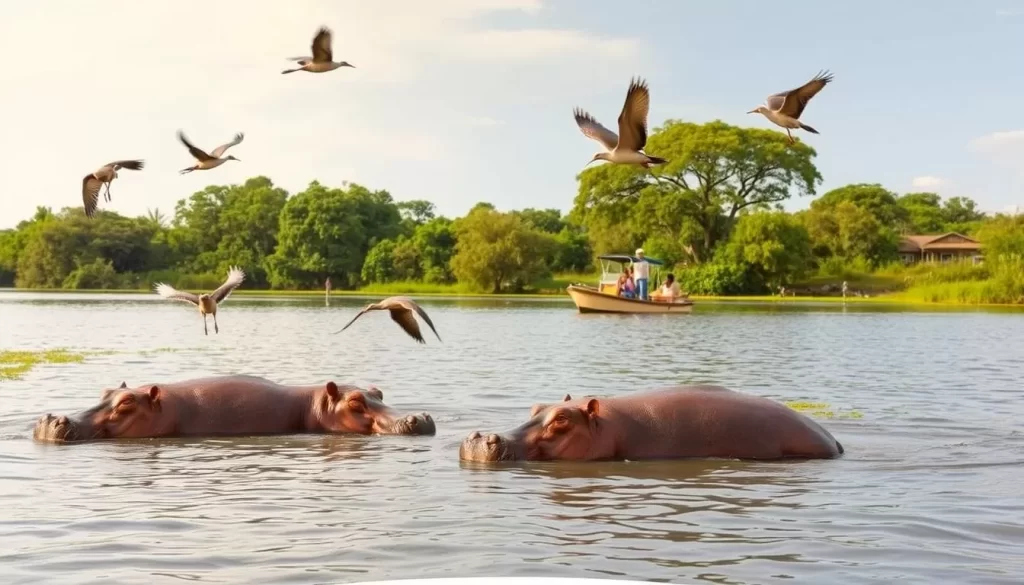
A boat tour on Lake Naivasha offers an unforgettable adventure, with opportunities to see hippos and birds in their natural habitat. When you take a boat ride on the lake, you’ll be immersed in the serene environment and vibrant wildlife.
What to Expect on a Lake Naivasha Boat Tour
On a boat ride lake tour, you can expect to see a variety of wildlife, with hippos being a main attraction. The lake is home to a large population of hippos, and the boat tours provide a safe and guided experience to observe these animals. You’ll also see various bird species, adding to the biodiversity of the area.
The cost of a boat tour is around 3,000 KSh ($30) per hour, with multiple departure points such as Sopa Resort, Fisherman’s Camp, and Camp Carnelly’s. You can take a boat ride at different times, but early morning and late afternoon are considered the best times for wildlife viewing.
Best Spots and Times for Wildlife Viewing
For the best experience, consider the timing and location of your boat ride lake tour. Early morning (6-8 am) and late afternoon (4-6 pm) are ideal for seeing hippos when they are most active. The southern end of Lake Naivasha is known for having higher concentrations of hippos.
The Crescent Bay area is renowned for its bird diversity, especially during migratory seasons. By choosing the right time and spot, you can maximize your wildlife viewing experience on Lake Naivasha.
Mount Longonot: Hiking the Volcanic Crater
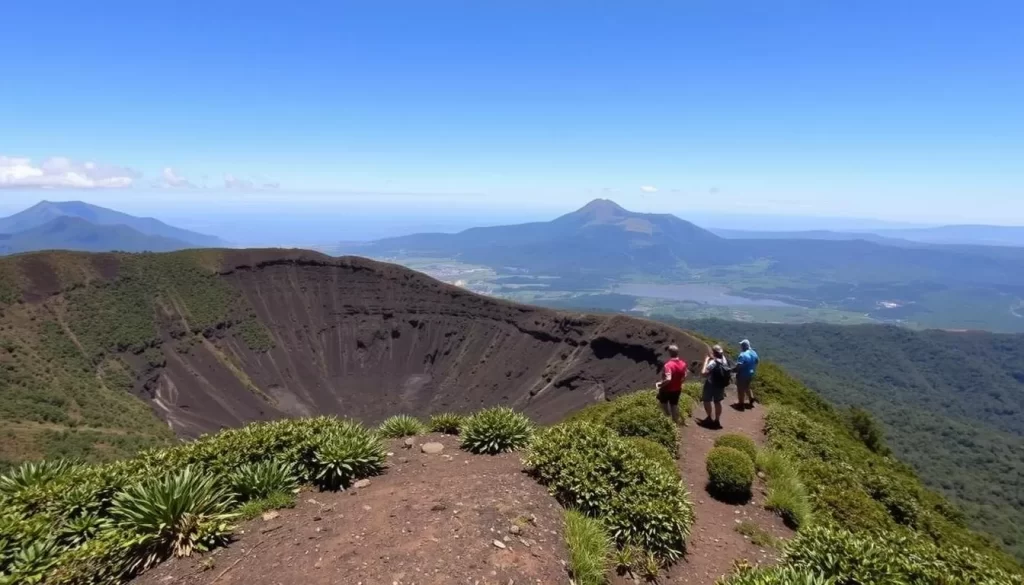
Mount Longonot, with its unique volcanic landscape, is a hiker’s paradise, offering breath-taking views and diverse wildlife. The volcano’s crater, formed around 4,000 years ago, provides a challenging yet rewarding hiking experience.
Trail Information and Difficulty Level
The hiking trail at Mount Longonot is approximately 9 km long, with a challenging ascent due to the steep incline. Hikers should be prepared for a strenuous hike that can take around 4-6 hours to complete, depending on one’s fitness level and pace.
The trail starts from the park gate, where hikers begin their ascent to the crater rim. The difficulty level is moderate to high due to the steep gradient and potential weather conditions.
Wildlife and Scenic Views from the Rim
As you hike up Mount Longonot, you’ll encounter a variety of wildlife, including buffaloes, elands, and the occasional leopard. The crater’s inner slopes are grazed by hartebeest and zebras, while raptors like augur buzzards and Verreaux’s eagles soar on thermal currents above.
The views from the crater rim are spectacular, with a 360-degree panorama of the Great Rift Valley, Lake Naivasha, and the surrounding landscapes. On a clear day, you can see as far as Mount Kenya and the Aberdare Range.
Lake Naivasha, Kenya: Best Things to Do – Top Picks for Nature Lovers
If you’re a nature lover, Lake Naivasha has plenty to offer, including some hidden gems worth discovering. The area is rich in attractions and parks that showcase the variety of Kenyan wildlife and landscapes.
Lake Oloiden: The Lesser-Known Gem
Lake Oloiden is a smaller, lesser-known lake near Lake Naivasha, offering a serene and peaceful experience. It’s an ideal spot for those looking to escape the crowds and connect with nature. You can enjoy the tranquil atmosphere and observe the local wildlife.
Crater Lake and Sanctuary Farm Horseback Riding
For a more adventurous experience, consider visiting Crater Lake, also known as Sonachi, which features emerald-green waters due to its unique mineral composition. The hiking trails around the lake offer varying difficulty levels and panoramic views, allowing you to spot wildlife in the surrounding Oserengoni Wildlife Sanctuary. Additionally, Sanctuary Farm offers horseback riding experiences, enabling you to approach wildlife more closely as animals perceive riders as part of the horse. You can ride through open plains where zebras, giraffes, and antelopes roam freely, creating magical moments of riding alongside wild animals.
Both Crater Lake and Sanctuary Farm represent less-visited attractions that provide a welcome break from the more popular parks while still offering exceptional wildlife encounters, showcasing the variety of experiences available at Lake Naivasha.
Where to Stay Around Lake Naivasha
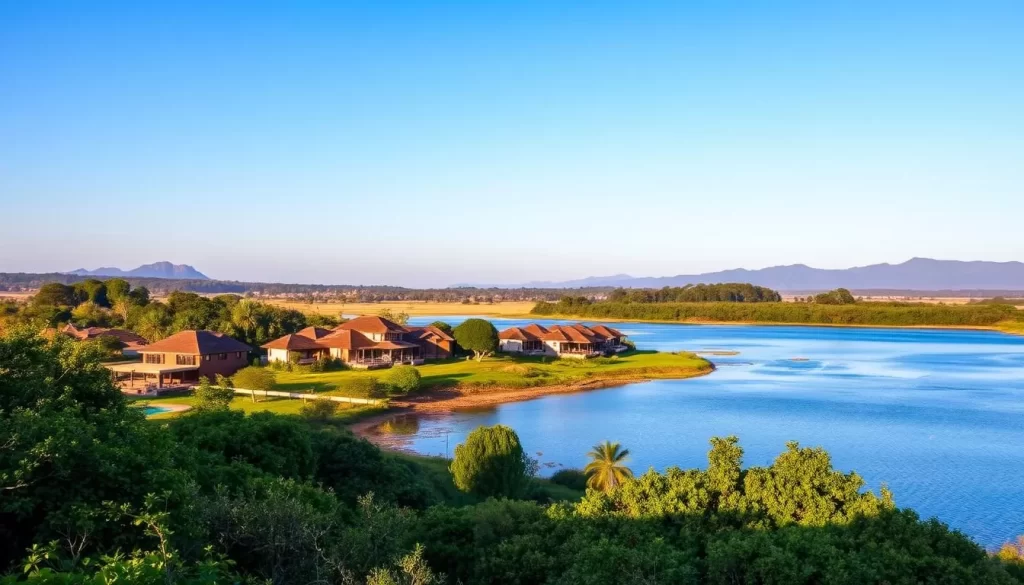
Finding the perfect place to stay around Lake Naivasha can enhance your overall travel experience. The area offers a range of accommodations to suit different budgets and preferences.
Lakeside Resorts and Lodges
Lakeside resorts and lodges provide a serene and picturesque setting, with many offering stunning views of Lake Naivasha. These accommodations often come with amenities like swimming pools, restaurants, and guided tours. For a more natural setting, consider staying at a lodge that is directly on the lake’s shores.
Some of these resorts are known for their excellent service and comfortable rooms, making them ideal for those looking to relax and unwind.
Budget-Friendly Options: Camps and Bandas
For travelers on a budget, Fisherman’s Camp is a great option. Located about 45 minutes outside of Naivasha town, it is nestled right on the shores of Lake Naivasha. The camp offers affordable accommodation options, including camping ($11/night), pre-set tents, and simple bandas (cabins) for around $14 per person.
Other budget-friendly options like Camp Carnelley’s provide similar amenities and are known for their places to relax and enjoy the natural surroundings. These camps often have communal facilities, including shared bathrooms and cooking areas, where you can meet other travelers.
- Affordable accommodation options including camping, pre-set tents, and bandas.
- Prime wildlife viewing opportunities, with monkeys and hippos often visiting the grounds.
- Communal facilities for a social experience.
Local Food and Dining Experiences
Your Lake Naivasha experience isn’t complete without indulging in the local cuisine. The area offers a variety of dining options that showcase Kenyan flavors and fresh produce from the lake.
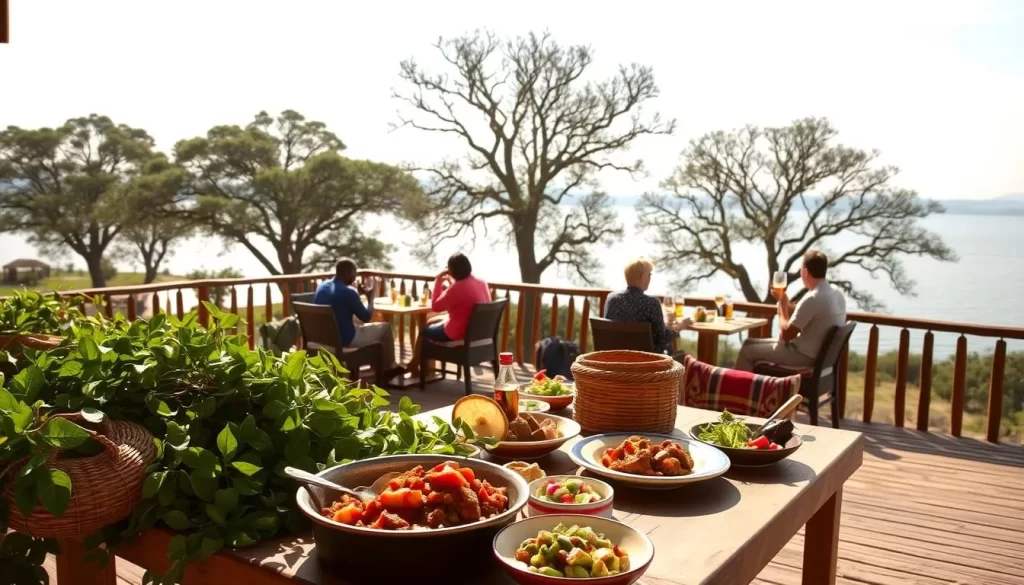
Restaurants and Cafés Worth Visiting
Lazybones Bar & Restaurant, located at Camp Carnelly’s on the lakefront, is a great place to relax before or after a boat cruise. You can enjoy cushions on the floor while giraffes roam by, making for a unique dining atmosphere.
It’s known for its fresh Lake Naivasha tilapia, served in a variety of ways. Even if you’re not hungry for a full meal, you can still enjoy fruit smoothies and cold drinks in a lovely setting.
Must-Try Local Dishes and Drinks
When dining around Lake Naivasha, be sure to try some of the local specialties. Here are a few recommendations:
- Fresh Lake Naivasha tilapia, typically served whole and fried with kachumbari (tomato and onion salad) and ugali or chips.
- Nyama choma (grilled meat, usually goat or beef), often enjoyed with a cold Tusker beer.
- Traditional Kenyan chai tea with mandazi (fried dough) for breakfast.
- Sukuma wiki (collard greens) and beans for a flavorful vegetarian option.
- Fresh tropical fruits like passion fruit, mango, and pineapple, perfect for dessert or a refreshing smoothie after a day of activities.
| Dish/Drink | Description | Recommended For |
|---|---|---|
| Fresh Lake Naivasha Tilapia | Whole fried tilapia with kachumbari and ugali or chips | Those looking to try local lake produce |
| Nyama Choma | Grilled goat or beef, served with Tusker beer | Meat lovers and those seeking a traditional Kenyan experience |
| Kenyan Chai Tea with Mandazi | Traditional tea with fried dough | Breakfast or a light snack |
Enjoying these local dishes and drinks will enhance your Lake Naivasha experience, providing a taste of the region’s culture and cuisine. Whether you’re dining at a lakeside restaurant or trying street food, you’re sure to have a memorable culinary experience during your day at Lake Naivasha.
Conclusion: Planning Your Perfect Lake Naivasha Getaway
Located in the heart of Kenya’s Great Rift Valley, Lake Naivasha is a gem that awaits your discovery. As you’ve explored throughout this article,Lake Naivashaoffers a unique blend of adventure and relaxation, making it an ideal destination for travelers seeking bothwildlifeencounters and outdoor activities in a single location.
When planning your trip, consider spending at least 2-3 days in the area to fully appreciate the variety of experiences available. From cycling through Hell’s Gate National Park to taking a walking safari on Crescent Island and enjoying a boat ride on Lake Naivasha, there’s something for every kind of traveler.
The area caters to all budgets, ranging from luxury lodges where you can watch hippos graze on the lawn to affordable campsites that still offer abundant wildlife viewing opportunities. This flexibility makes Lake Naivasha an excellent addition to any Kenyan or East African travel itinerary, whether you’re looking for a standalone destination or planning a more extensive safari adventure.
One of the standout features of Lake Naivasha is its ability to offer immersive experiences that go beyond traditional safari viewing. By allowing you to be active and engaged with nature, the destination creates more memorable moments, making your trip truly unforgettable.
Whether you’re a first-time visitor to Africa or a seasoned safari-goer, Lake Naivasha’s unique combination of accessibility and authentic wildlife encounters makes it a must-visit destination in Kenya. So, as you plan your next adventure, be sure to include Lake Naivasha for an experience that will leave you with lifelong memories.
The above is subject to change.
Check back often to TRAVEL.COM for the latest travel tips and deals.
